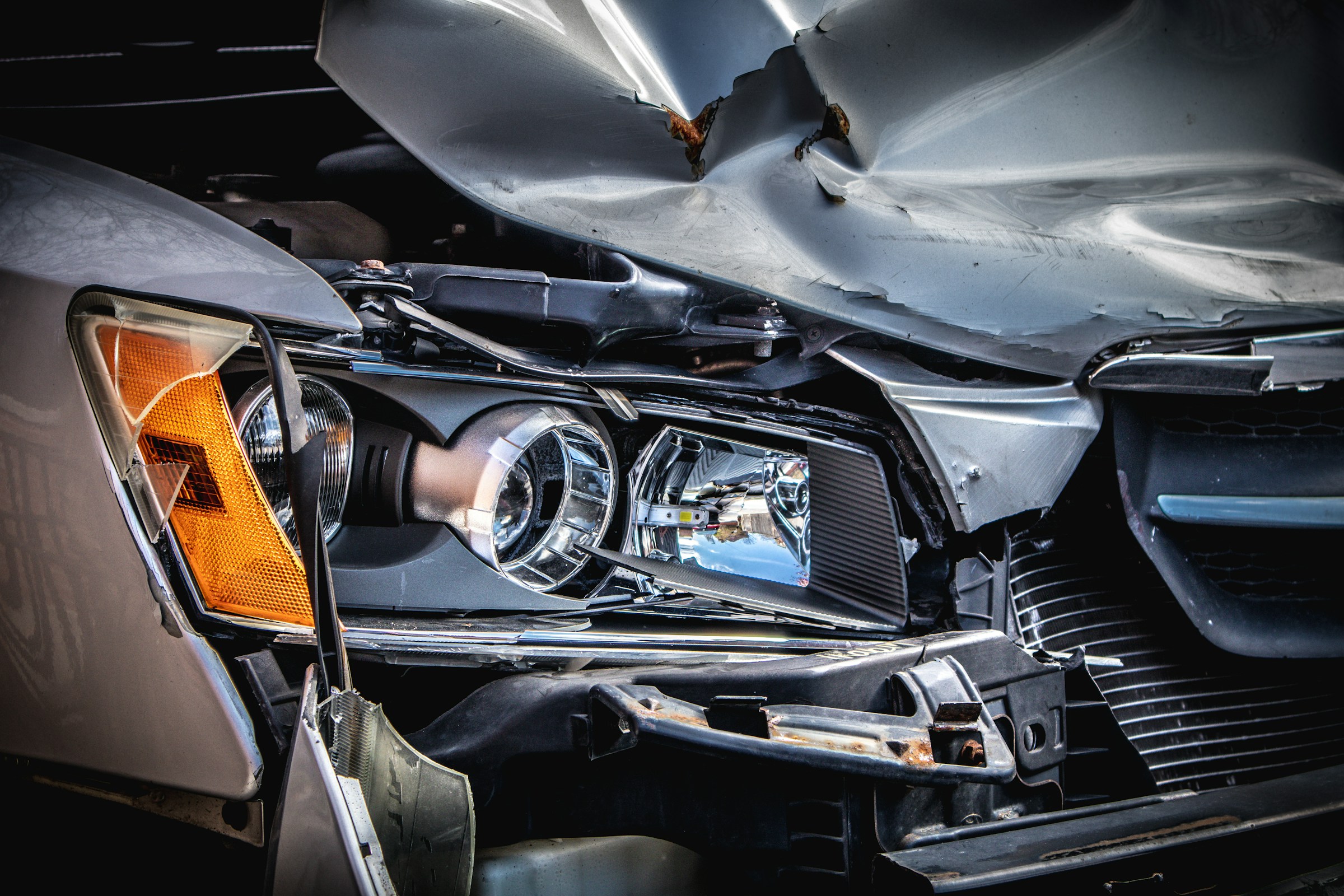How Do You Bounce Back? Navigating The Long-Term Effects Of A Crash
In an instant, a crash can turn your world upside down, leaving a tangled aftermath of emotions, injuries, and financial strain. But what happens after the dust settles?
Author:Paolo ReynaMay 13, 20242.3K Shares89.8K Views

In an instant, a crash can turn your world upside down, leaving a tangled aftermath of emotions, injuries, and financial strain. But what happens after the dust settles? How do you pick up the pieces and move forward? Let's guide you through the maze of challenges you may face in the wake of a crash, offering practical advice and support to help you find your footing again.
The Financial Fallout: Navigating Insurance and Expenses
Between repair bills, medical expenses, and potential loss of income, the monetary strain of a crash can be immense. The first step is to contact your insurance company to understand what your policy covers. Don't shy away from asking questions and advocating for yourself; insurance agents can provide clarity and guidance, helping you maximize your claim.
Creating a budget can also be beneficial, and it allows you to manage your finances more effectively during this turbulent time. Consider consulting a financial advisor if the situation feels insurmountable. They can offer strategies for handling debt and planning for the future, ensuring you're on solid ground as you recover from the crash.
Physical Injuries: The Path to Recovery
Physical recovery can vary dramatically, from minor injuries that heal within weeks to more severe ones that require months or even years of therapy. The key is not to rush the healing process. Follow your healthcare provider's advice, attend all your physical therapy sessions, and give your body the rest it needs.
For those dealing with chronic pain or long-term disabilities, exploring holistic health practices, such as yoga or meditation, can complement traditional treatments and aid in your recovery. Remember, acknowledging your body's limits doesn't mean accepting defeat; it's about adapting and finding new ways to thrive.
When considering the steps to take after a crash, your health should be your top priority. Documenting your injuries and treatments is also crucial, especially for insurance claims and potential legal actions. Keep detailed records of medical visits, prescriptions, and how your injuries impact your daily life. This documentation will be invaluable as you navigate your recovery journey and any financial compensation you may be entitled to.
The Emotional Toll: Seeking Support and Building Resilience
The psychological aftermath of a crash can sometimes be more debilitating than physical injuries. Feelings of anxiety, depression, and PTSD are common yet often overlooked. It's important to recognize these emotions and address them head-on. Seeking the support of a therapist can give you the emotional tools to manage your feelings and start the healing process.
Building a strong support system of family and friends can also be incredibly helpful. Don't hesitate to share your experiences and feelings with loved ones. Joining a support group, either in-person or online, can connect you with other people who have gone through similar experiences.
If You're at Fault: Dealing With Guilt and Legal Consequences
Finding out you're at fault in a crash, especially if intoxication is involved, can be a heavy burden to bear. The guilt and emotional turmoil may seem insurmountable, but taking responsibility for your actions is a crucial step toward redemption and healing. Legally, the repercussions can vary, from fines and community service to more severe penalties, including jail time or losing your driving privileges.
Getting legal counsel is necessary to navigate the complexities of your situation. A lawyer can provide guidance on the best course of action and help mitigate the legal outcomes. Plus, participating in counseling or support groups for substance abuse can be a transformative experience, offering a pathway to recovery and making amends.
Many states have programs designed to prevent repeat offenses, highlighting the importance of rehabilitation over punishment. For example, in Arizona, an interlock device, known as the Arizona interlock, may be required for your vehicle. This device ensures that you are sober before you can start your car, keeping you from making the same decision again.
Long-Term Career Impact: Finding New Paths
A crash can significantly affect your career, especially if physical injuries or legal issues prevent you from performing your job. It's natural to feel concerned about your professional future, but this period can also be an opportunity for growth and exploration. Consider talking with a career counselorwho can help you assess your skills and interests, possibly steering you towards a new path that accommodates your current situation.
If returning to your previous job isn't possible, look into training or education programs that can open doors to new opportunities. Remote work has also become more prevalent, offering flexibility for those who may need a more accommodating work environment. Remember, adapting to change is a strength, not a weakness.

Paolo Reyna
Author
Paolo Reyna is a writer and storyteller with a wide range of interests. He graduated from New York University with a Bachelor of Arts in Journalism and Media Studies.
Paolo enjoys writing about celebrity culture, gaming, visual arts, and events. He has a keen eye for trends in popular culture and an enthusiasm for exploring new ideas. Paolo's writing aims to inform and entertain while providing fresh perspectives on the topics that interest him most.
In his free time, he loves to travel, watch films, read books, and socialize with friends.
Latest Articles
Popular Articles